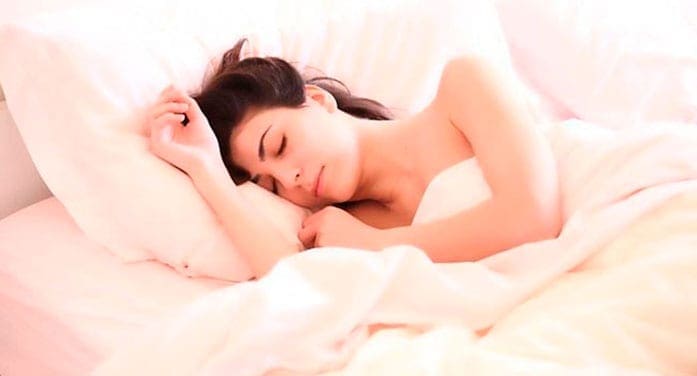Cheers to another all-nighter spent chugging well over the recommended amount of daily iced coffees. Whether you’re rushing through three weeks’ worth of online lectures, working a double shift to cover this month’s rent, or losing sleep over your impending doom, caffeine might be the only thing getting you through. But remember, venti iced white mochas with extra caramel drizzle and vanilla sweet cream cold foam aren’t viable substitutes for the recommended eight hours of sleep most Gen Zens need.
In addition to serious debt issues, Gen Zens are prone to sleep deprivation. Insomnia has plagued Gen Zers for years, and the coronasomnia adds a new layer of concerns to this chaotic mix. According to experts, Gen Zens should get eight to nine hours of sleep each day, yet many teens and young adults experience sleepless nights.
If you spend more time aimlessly scrolling through Facebook than you do sleeping, circadian rhythm changes that regulate your sleep-wake cycle may be to blame. Other causes may include excessive cell phone usage and social media activity before bedtime.
If you regularly substitute a quality night’s rest with caffeine, sleeping on an Essentia memory foam mattress and chewing a melatonin gummy might be the long-awaited cure to your insomnia. If you are looking for other unconventional remedies for restless nights that may cause you to fail your dreaded O-Chem quizzes, read on.
What is coronasomnia?
Coronasomnia is a nickname for insomnia attributed to the COVID-19 (SARS-CoV-2) coronavirus pandemic. With stay-at-home requirements in full force, unemployment rate spiking, and news reports continuously documenting active cases and death stats, anxiety-ridden nights of tossing and turning aren’t a surprising side effect.
Depression stemming from social-distancing protocols and emotionally devastating news reports are the primary instigators of coronasomnia cases. If sleepless nights were the norm pre-COVID-19, you probably lost precious hours of sleep due to questionable eating habits (aka frequent trips to McDonald’s) or one-too-many espresso shots. On the other hand, coronasomnia is the result of a deadly virus lurking in the shadows.
Check out these natural ways to treat coronasomnia
Maintain a regular bedtime and try to wake up at the same time every day. Additionally, you’ll want to meditate and practice deep breathing exercises before retiring for the evening. Turn off your computer, cell phone, and television for one to two hours before going to bed. While you can always break out the blue-light glasses and continue scrolling, deviate from your norm by listening to music or reading a book when unwinding in bed.
Lastly, anyone losing sleep over their impending doom should check the latest news updates in the morning instead of in the evening. Remember, a daily dose of existential dread can give you a buzz comparable to that extra espresso shot, so avoid scrolling through CNN’s Twitter page during your nightly rituals.
Avoid taking long naps during the day
Taking a long nap, especially in the late afternoon, might disrupt your natural circadian rhythm. Avoid that midday snooze when you develop better sleep habits.
Exercise at home
Staying home is not an excuse to avoid exercise (yes, you heard that right.) Even with a global pandemic right outside your door, there’s always time to blast Miley Cyrus’ new album and schedule a mini dance session in your living room. If you have a patio or balcony, don’t take your lunch break in bed. Get some fresh air, sunshine, and vitamin D.
Add a touch of luxury to your sleeping space
From natural memory foam mattresses to satin pillowcases to silk sleep masks, adding a touch of glamour to your nightly routine is as simple as pressing “Order now” on Amazon. Remember, neglecting self-care is a recipe for disaster, especially in a global pandemic. That said, this is your sign to splurge on that satin bathrobe you’ve been eyeing.
The quality of your sleep makes a difference
Spending ten uninterrupted hours in bed won’t do any good if you’re unable to fall asleep after 20 to 30 minutes. If you’re tossing and turning for more than 30 minutes, hop out of bed and read an uplifting poem or article. With these few minutes of relaxation time, you’ll be able to slip into bed with a clearer mind.
Another way to clear the mental clutter interrupting your sleep schedule is to keep a journal of your deepest fears. Maintaining a peaceful mental outlook during a pandemic is not easy. Instead of worrying, try meditating. While you can’t necessarily meditate an anxiety attack away, prioritizing your mental health in these trying times will help you fall asleep and stay asleep.
This content is a joint venture between our publication and our partner. We do not endorse any product or service in the article.


